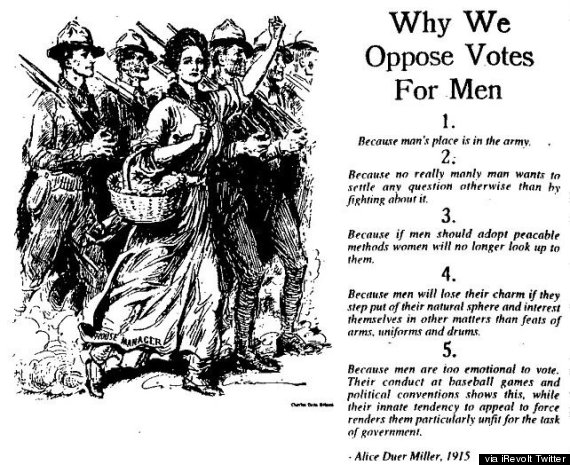
Amidst the suffragette centenary (handily summarized by Philomena Cunk), it’s timely that the brilliant Bridget Christie has a new series on BBC Radio 4.
Alongside numerous Chinese jokes, I’ve posted on humour under state socialism (see also here; cf. Alexei Sayle), and also on Tibetan jokes. Feminist political comedy may seem a recent inspiration, but Mary Beard doubtless has classical antecedents, and Krista Cowman [1] shows how astutely the suffragettes used humour, turning the tables. Open-air meetings were akin to, indeed they were, standup—the brave women constantly faced by ridicule and heckling:
Provoking laughter at the expense of their opponents created a powerful and subversive weapon which they put to good use in their campaigns.
Annie Kenney recalled that suffragettes were
taught never to lose our tempers: always to get the best of a joke, and to join in the laughter with the audience even if the joke was against us. This training made most of the Suffragettes quick-witted, good at repartee, and the speakers that most of the audience took a delight in listening to, even though they did not agree with them, were those that were able to make them laugh.
Good to learn that this old joke was a response to a heckle:
An elderly man kept repeating the same statement every few minutes “If you were my wife I’d give you poison”. Eventually the speaker, tired of his repeated interruption, replied, “Yes, and if I were your wife I’d take it.”

See also Wimbledon: protest and suffragism.
[1] “ ‘Doing something silly’: the uses of humour by the Women’s Social and Political Union, 1903–1914”, in Hart and Bos, Humour and social protest, 2008.

Pingback: Musicking | Stephen Jones: a blog
Pingback: Gender: a roundup | Stephen Jones: a blog
Pingback: Ethnography at home: Morris dancing | Stephen Jones: a blog
Pingback: Profane embroidery | Stephen Jones: a blog